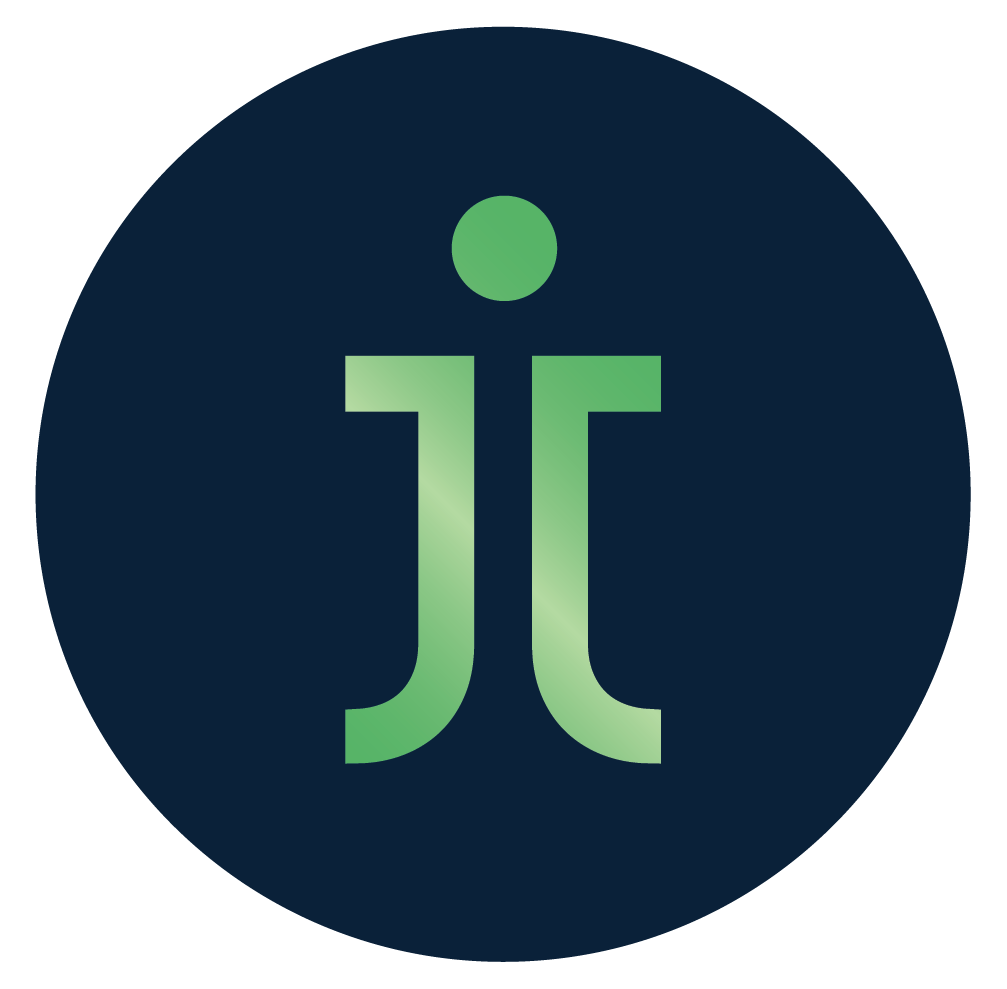Why consistency is key: The benefits of standardising your recruitment process
Standardising your recruitment procedures ensures that every candidate experiences the same fair and efficient evaluation, regardless of the role they are applying for.

JOBJACK Blog
By JOBJACK on Mon Aug 19 2024
From initial job postings to final interviews, having a set process helps streamline hiring, reduce biases, and improve the overall candidate experience.
What is recruitment standardisation?
Recruitment standardisation involves creating a uniform process for hiring across an organisation.
This means establishing consistent practices and guidelines from the moment a job is posted to the final stages of interviewing and onboarding. By standardising your recruitment process, you ensure that every applicant is evaluated using the same criteria, which helps eliminate biases and improve overall fairness. Standardisation also includes utilising the same tools, technologies, and methodologies to assess candidates, making the process more efficient and reliable.
This approach not only enhances the candidate experience but also provides a clear framework for recruiters and hiring managers, enabling them to make more informed decisions. Ultimately, recruitment standardisation aims to create a more organised and equitable hiring process that benefits both the organisation and potential employees.
Leveraging Technology for Recruitment
Achieving standardisation can be simpler than you think! Recruitment software and technology already have options to help you create more consistency in your process.
Utilising tech driven tools in different parts, or even your entire recruitment process, can significantly boost efficiency and standardisation.
Applicant Tracking Systems (ATS)
If you are looking for a more efficient way to manage your candidate pool, an Applicant Tracking System (ATS) is invaluable for managing large volumes of applications, ensuring that no talent is overlooked.
ATS systems can automate routine tasks such as CV screening, interview scheduling, and communication with applicants. This will not only help you stay on top of all your applications and where they are currently in your pipeline.
Most ATS features also allows some form of applicant communication through the system to create a smoother communication flow between you and potential employees.
Templates
Additionally, recruitment software often includes features like customisable templates for job postings and automated responses, which help maintain consistency across all interactions.
Having standardised and approved job templates also ensures the same level of quality in your job posts, and can enable different team members to take on the responsibility.
The same principle can be applied to interview scheduling software by allowing recruiters to set consistent interview formats and questions.
Screening tools
The functionality of screening tools may differ from one recruitment software to the next. Ultimately they work towards the same goal: making your screening more efficient by automating and identifying applicants to a set number of requirements.
Screening filters can help you filter through your applications on more specific data points like location, age and education. More advanced screening tools can still give you a personalised experience to give you a better sense of your applicants. These screening tools can include video and audio submissions as part of the application process.
Performance analytics
The integration of technology into your recruitment process gives you a better opportunity to track data points. Individual data points can be reworked into standalone statistics or can be used to give you a better overall performance view of your process.
You can easily track and compare key metrics such as time-to-hire, cost-per-hire, and candidate source effectiveness. These insights can be invaluable for identifying bottlenecks in your process and areas needing improvement. Moreover, standardised reporting helps in maintaining compliance with legal and organisational guidelines, ensuring that your recruitment practices are transparent and fair. Advanced analytics tools can further enhance reporting by providing real-time data and predictive insights, helping recruiters make more informed decisions.
Fair and unbiased recruitment
Minimising bias through standardisation
Creating an inclusive recruitment process is essential for attracting a diverse pool of candidates and fostering a fair hiring environment.
Standardisation plays a crucial role in this by ensuring that all candidates are evaluated based on the same criteria, reducing the potential for unconscious bias. Screening assessments and questions can objectively measure skills and competencies, providing a fair comparison between candidates. Templated interview structures with predefined questions set a framework so that every candidate is assessed on the same parameters, making it less likely for personal biases to affect the outcome.
With standardising your recruitment, you not only enhance fairness but also build a more diverse and inclusive workforce that can drive innovation and success.
Subscribe to our newsletter
Stay up to date with the latest recruitment trends, technology and JOBJACK news.
